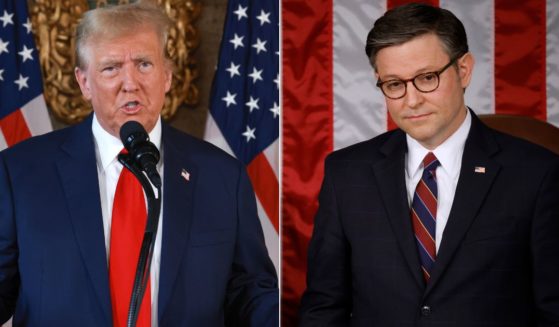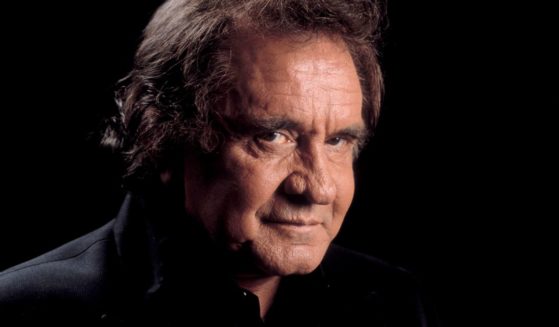The rules for Wednesday's no-confidence vote in Parliament
LONDON (AP) — Embattled British Prime Minister Theresa May faces a perilous “no-confidence” vote in Parliament Wednesday after her plan to withdraw from the European Union suffered the biggest defeat for a government in the House of Commons in modern history.
The challenge to May’s authority, also known as a censure motion, was put forward by the leader of the opposition Labour Party Jeremy Corbyn, whose goal is to trigger a new election that might bring his leftwing party to power.
May needs a majority of lawmakers to back her Wednesday evening to avoid the prospect of a fresh general election that might sweep away her Conservative Party, which is already in a precarious minority position.
If she wins a majority in Parliament, she is judged to have the confidence of the House of Commons and the measure dies. That seems the most likely outcome, given the explicit backing May has received from the Democratic Unionists, a small Northern Ireland party that has propped up her government.
But if she loses, it means legislators have decided that “this House has no confidence in Her Majesty’s Government.”
If that happens, May’s government would have 14 days to try to win back the support of a majority in Parliament to maintain power. At the same time, Corbyn could try to form a majority and take power, although that is unlikely given that the DUP in Northern Ireland has no affinity with Labour.
If no party successfully gains a majority, an early general election would be triggered. An election normally takes five to six weeks, and May would remain in office as a caretaker prime minister during the campaign.
The no-confidence vote on May’s government is completely different from the no-confidence vote she faced in December, when members of her own Conservative Party challenged her role as party leader. She survived that vote unscathed.
The rules governing the no-confidence vote in the government were changed when the Fixed Term Parliaments Act was enacted in 2011 to make it more difficult to bring down a government.
___
Follow AP’s full coverage of Brexit at: https://www.apnews.com/Brexit
The Western Journal has not reviewed this Associated Press story prior to publication. Therefore, it may contain editorial bias or may in some other way not meet our normal editorial standards. It is provided to our readers as a service from The Western Journal.
Truth and Accuracy
We are committed to truth and accuracy in all of our journalism. Read our editorial standards.












